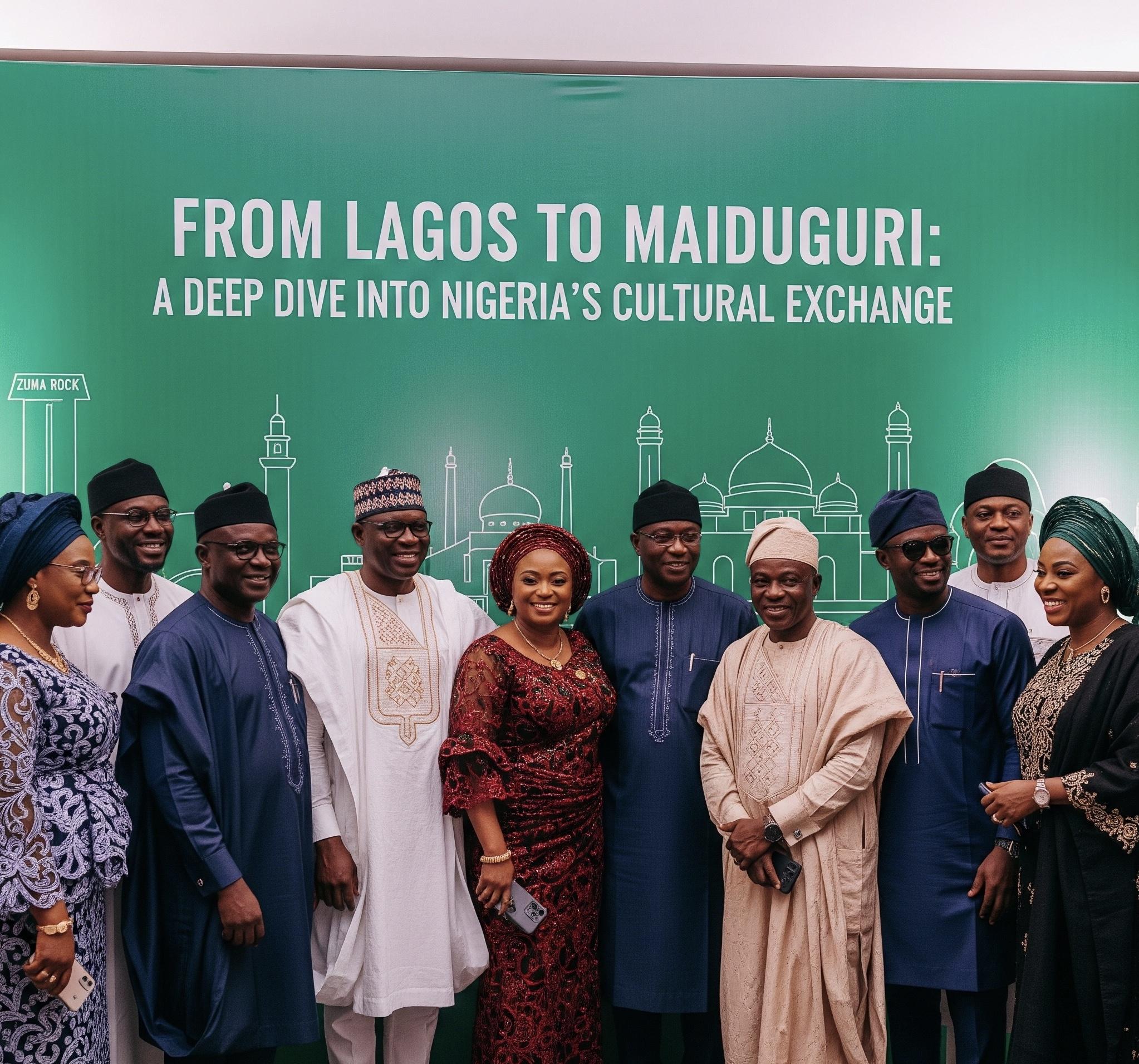
Nigeria, a land brimming with the dynamism of over 200 ethnic groups, often finds its narrative dominated by the challenges of managing its diversity. However, beneath the surface of political and social discourse lies a vibrant and often unsung reality: the continuous and enriching exchange of cultures that binds us together. From the bustling markets of Lagos to the historic streets of Maiduguri, a fascinating cultural osmosis is constantly at play, shaping a truly unique Nigerian identity.
Here in Lagos, a melting pot of people from every corner of the nation, the evidence of this cultural intermingling is palpable. Walk through Balogun Market, and you’ll hear a symphony of languages, a testament to the traders from the East, North, and West who converge here, bringing with them not only their goods but also their traditions. The Igbo apprentice learning the nuances of Yoruba commerce, the Hausa tailor setting up shop alongside an Edo textile vendor – these everyday interactions are the bedrock of our shared experience.
The Rhythm of Unity: Music and Dance
Perhaps nowhere is this exchange more evident than in Nigeria’s thriving music and dance scenes. Afrobeat, a genre pioneered by the legendary Fela Kuti, is itself a fusion of Yoruba rhythms with jazz and other influences. Today, contemporary Nigerian music effortlessly blends Hausa lyrics with Igbo melodies and Yoruba slang, creating a sound that resonates across tribal lines. Artists collaborate across regions, their music celebrated nationwide, fostering a sense of shared cultural ownership. The energetic steps of the shaku shaku dance, originating in Lagos, quickly became a national phenomenon, embraced by youth in Kaduna, Enugu, and everywhere in between.
A Culinary Crossroads
Our palates, too, tell a story of cultural fusion. While each tribe boasts its distinct culinary heritage, the influence of one region’s cuisine on another is undeniable. You’ll find suya, the popular grilled meat of the North, being sold on nearly every street corner in Lagos and the South. Similarly, ofe nsala (white soup) from the Southeast has found its way onto menus in other parts of the country, often with regional adaptations. The sharing and adaptation of food traditions not only enrich our diets but also create opportunities for cultural appreciation and understanding.
Fashioning a Shared Identity
Fashion is another powerful medium of cultural exchange. While traditional attire remains a source of pride and identity for each tribe, contemporary Nigerian designers often draw inspiration from across the country. Hausa babban riga influences can be seen in modern southern designs, while the vibrant Ankara fabrics, popular across the West, are now being incorporated into Northern styles. This cross-pollination of fashion ideas contributes to a dynamic and evolving Nigerian aesthetic that celebrates our collective heritage.
Bridging the Linguistic Gap
Language, often cited as a potential divider, is also a site of fascinating exchange. While English serves as our official language, the widespread use of Nigerian Pidgin, a lingua franca that borrows from various Nigerian languages, facilitates communication and fosters a sense of camaraderie across tribal boundaries. You’ll hear elements of Yoruba, Igbo, and Hausa seamlessly woven into Pidgin, creating a truly national means of expression. Furthermore, the increasing appreciation for and learning of different Nigerian languages, even if just basic phrases, signifies a growing desire to connect with and understand one another.
The cultural exchange happening across Nigeria, from Lagos to Maiduguri and beyond, is a testament to our inherent interconnectedness. It’s a dynamic process that continuously shapes and enriches our national identity, offering a powerful counter-narrative to the forces of division. By recognizing, celebrating, and actively promoting these exchanges, we can further strengthen the bonds of unity that make Nigeria, in all its diversity, a truly remarkable nation.









Add Comment